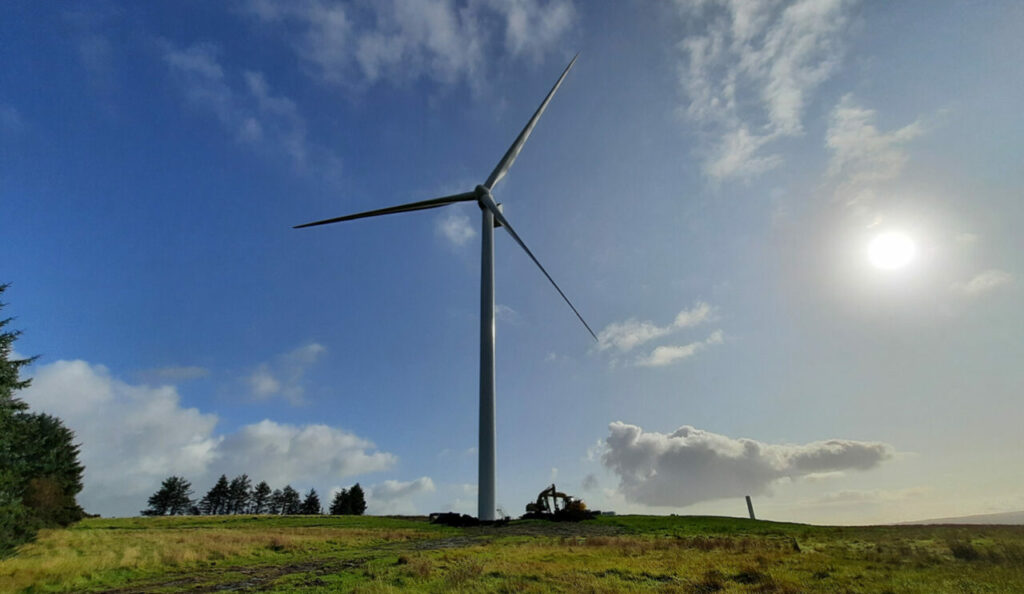Statistics released in the government’s latest Energy Trends report showed that wind generated a record 28.7% of the UK’s electricity needs in 2023.
This represented a year-on-year 4% increase, with wind remaining the UK’s biggest clean power source, generating over 60% of the nation’s renewable electricity in 2023.
The report showed that offshore wind generated 17.3% of the UK’s electricity in 2023 compared to 13.8% in 2022, and onshore wind provided 11.4% compared to 10.8% in 2022, setting new annual percentage records in both technologies.
It’s worth noting that renewable sources of energy generated 47.3% of the UK’s electricity in 2023, a new record for the third consecutive year. This is an increase from 41.5% in 2022. On the other hand, fossil fuels generated only 36.3% of the country’s electricity, which is a record low. In 2022, fossil fuels contributed 40.8%.
Most of the electricity produced from fossil fuels came from gas, which accounted for 34.3% in 2023.
Energy consumption and production reduced in 2023
In 2023, the consumption of energy decreased, primarily due to a decline in household consumption of both gas and electricity. Overall, household consumption was lower than it has been in the last fifty years.
Although there was a 3% increase in demand for transport compared to the previous year, it still remained below pre-pandemic levels. Consumption by industrial users also dropped compared to the previous year, and like household consumption, it sat at its lowest level in over fifty years.
Alongside this, the UK’s energy production decreased by 9%, which is the lowest level since records began in 1948.
Compared to the energy production of 2010, there has been a decline of 36%, and compared to the peak production of 1999, there is a decrease of 66%.
Oil production hit a record low, while gas production was the second lowest on record. Nuclear output also reached a record low due to the closure of plants and maintenance outages. The production of wind, solar and hydro energy increased by 2%, but they still contribute less to primary energy than fossil fuels.
Commenting on the Energy Trends report, RenewableUK’s executive director of policy Ana Musat said: “These official figures show that renewables have outstripped fossil fuels yet again and provided more of the UK’s annual electricity needs than ever before, with wind leading the way as our biggest source of clean power.
“With renewables, we can strengthen Britain’s energy security with the cheapest sources of new power available for billpayers. That’s why we’re urging Ministers to work with us to increase the number shovel-ready renewable energy projects which the government could bring forward through this year’s auction for Contracts for Difference auction.
“This will enable us maximise deployment, strengthen skills and grow new supply chains, as we continue to create jobs all around the country.”





